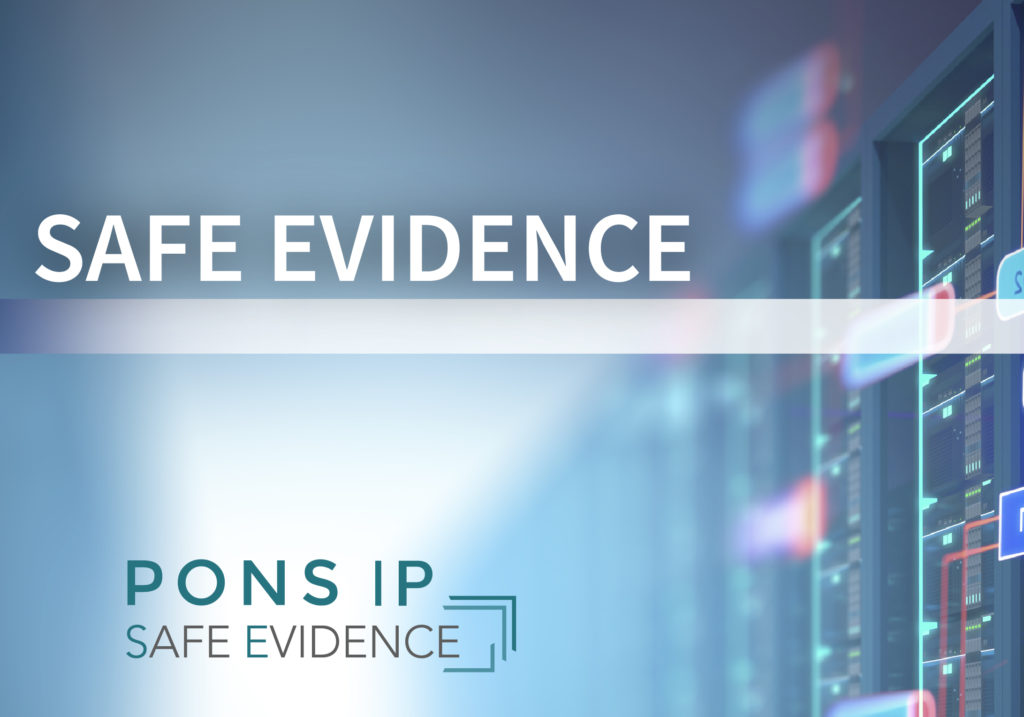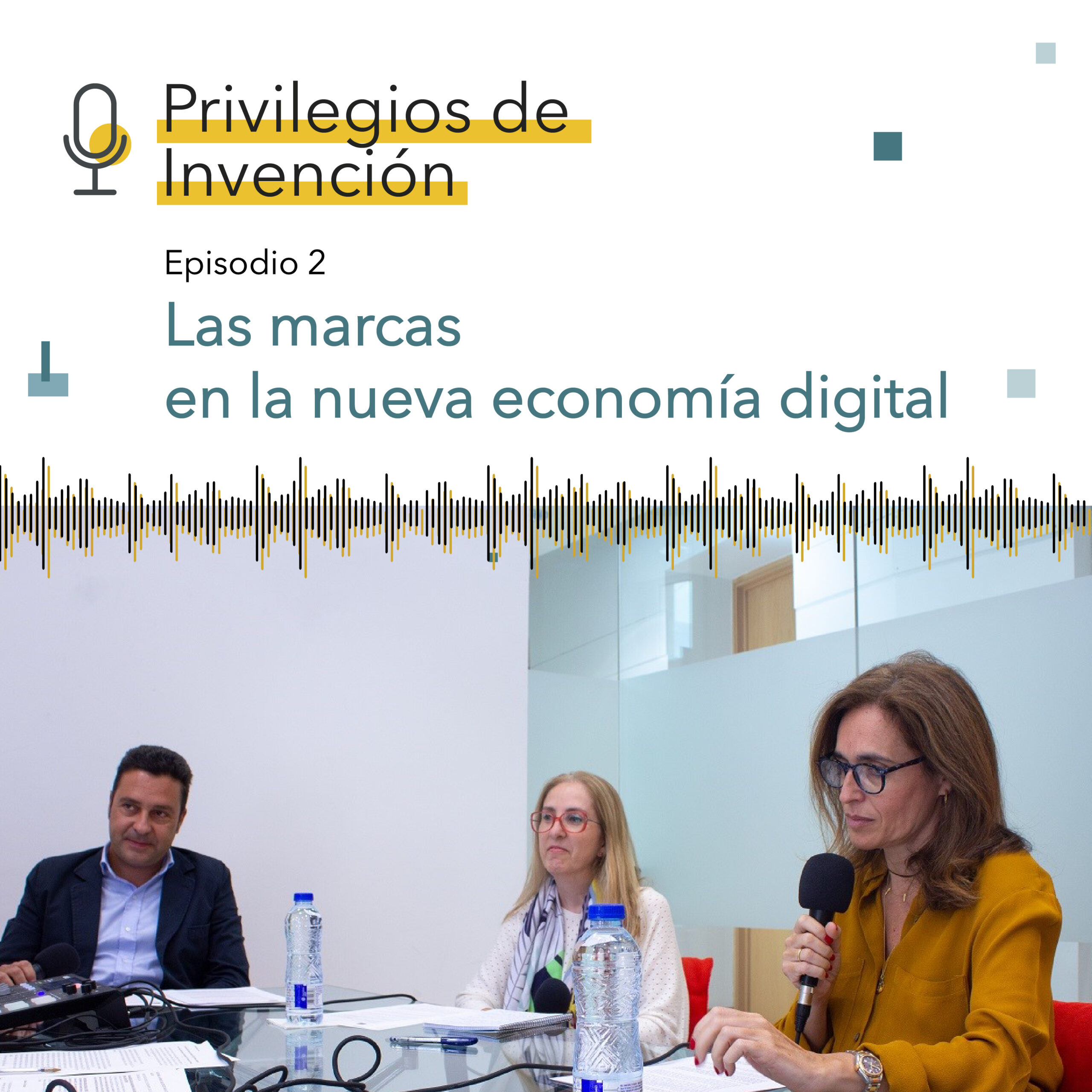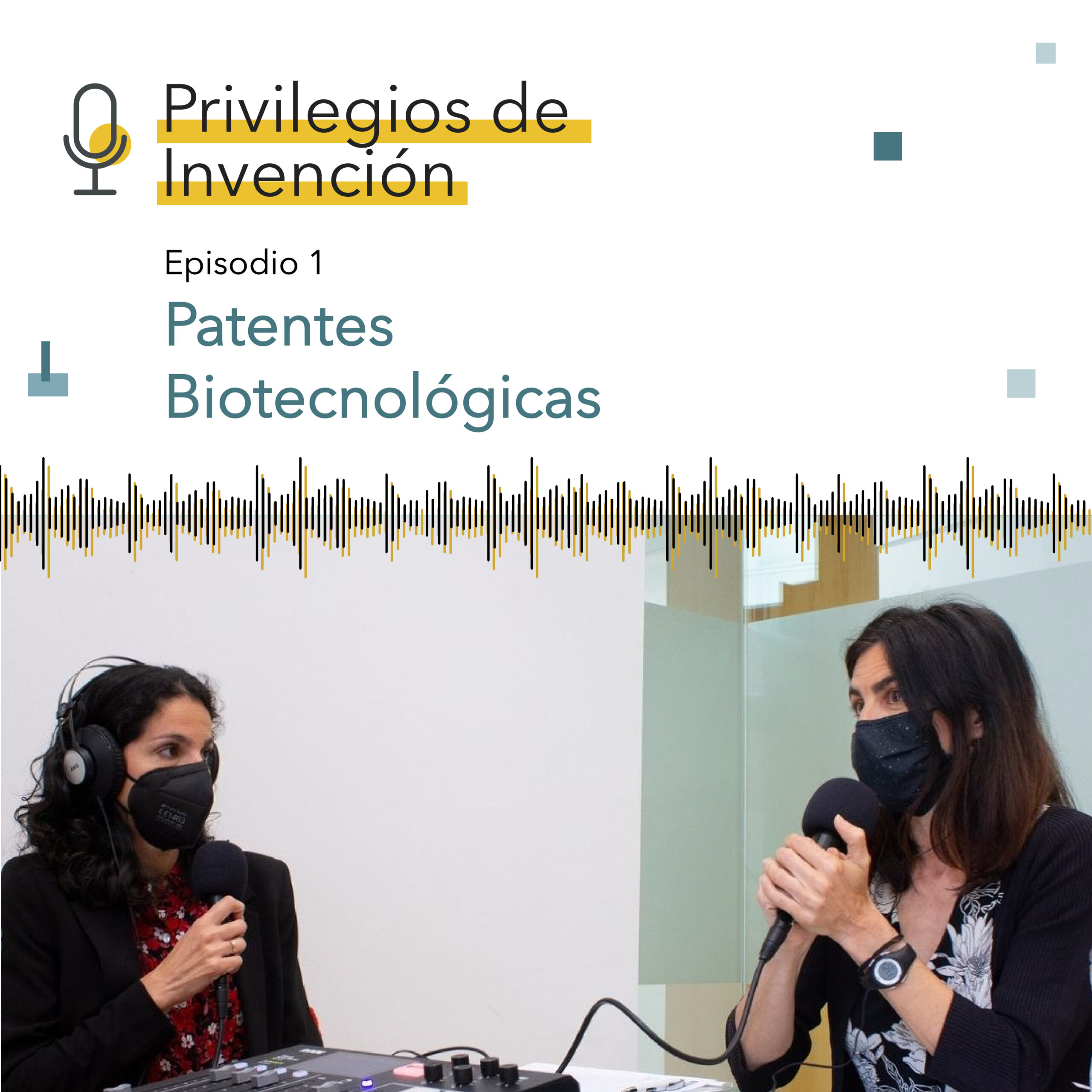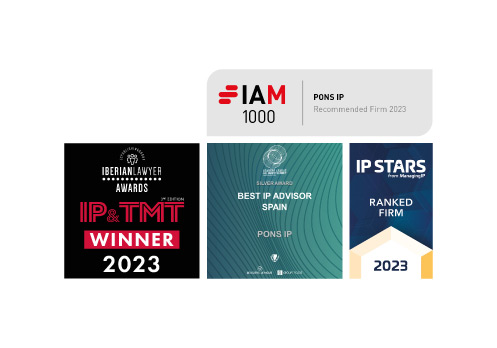During the presentation of SAFE EVIDENCE, PONS IP held a debate entitled “the lack of knowledge in how to apply technology in companies and public institutions is a common challenge” at the Fundación PONS headquarters. This debate brought together experts from the public and private sectors and highly experienced attorneys to discuss the procedural situation in Spain, due to evidence arising from disruptive technologies such as blockchain, as well as the need for digitization of public administrations.
The debate was led by Nuria Marcos, General Manager of PONS IP, and some of the participant were: the Head of Technological Innovation and Surveillance at INECO, Natalia Díaz; Teresa Granda, attorney at the Spanish General Bar Association; Marta Gutiérrez, CEO of Singblock; Eduardo Galocha, current lawyer responsible for New Digital Businesses for SIGNE group and Amaya Mallea, director R&D+i Legal Consultancy at PONS IP.
This solution offers a large array of opportunities for different industries. From the legal field, Teresa Granda; attorney of the Spanish General Bar Association points out that their work as lawyers is “to always give our clients a solution. Society is moving forward, and so is the legal profession in order to provide the best solution”. During the conference, various agile solutions to the issues arising in different areas were discussed and Granda emphasizes that “a tool such as this can allow clients to guarantee that the professional secrecy they want to safeguard does so with the necessary technical and legal guarantees”.
On the other hand, from the point of view of a public sector company, Natalia Díaz; Head of Technological Innovation and Surveillance at INECO points out that the biggest challenge they face on a daily basis is “that the tool as well as its use are understood” since, within the wide range of technologies and words used by all, blockchain is still one of the most difficult to understand. Thus, Díaz is convinced that “taking this tool to the end user and finding the business model is the most difficult part of the process, and we should be able to rely on examples that make the explanation easier”.
From her point of view, Granda agrees that “technology has always been faced with the challenge posed by knowledge difficulty“. Besides, she explains that lawyers, despite having a significant digital gap, must adapt to new needs that arise in order to provide a good solution to their clients.
As manager of R&D+i Legal Consultancy, Amaya Mallea shares from her experience that PONS IP proposes to offer clients a combination and thus have all the necessary security guarantees. In her case, she highlights that “until we apply for a patent, we have a secret know-how, and being able to prove that we created it is what matters, and then keep it secret. This type of platform makes it possible for us to keep the information secret so that, in the event of wanting to finally apply for the patent, we can have everything we need”.
Galocha, current lawyer responsible for New Businesses for SIGNE group adds that, apart from being able to guarantee authorship, which is kept secret, “it is important to have available the time it took to develop it in order to be able to prove in a reliable manner that we have been able to develop it in the first place”.
What makes this tool different? This is a question that many have asked themselves throughout the day, so, Marta Gutiérrez, CEO of Singblock points out that, technologically, there are quite a few differences and that “blockchain will be a tool that will disrupt all business models because its three main characteristics; traceability, transparency and mutability, enable the resolution of issues that could not have be solved before”.
They concluded that for this tool to be accepted as legal evidence, according to Galocha “we are only missing the political will to legislate it. There is already progress being made at the international level, but I believe that no technology should be legally regulated as such, but rather the use that is made of it“.




